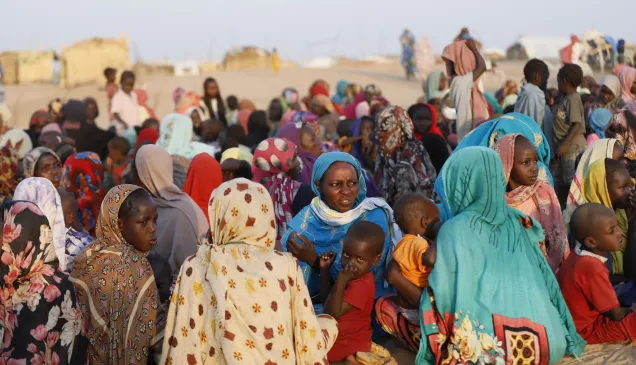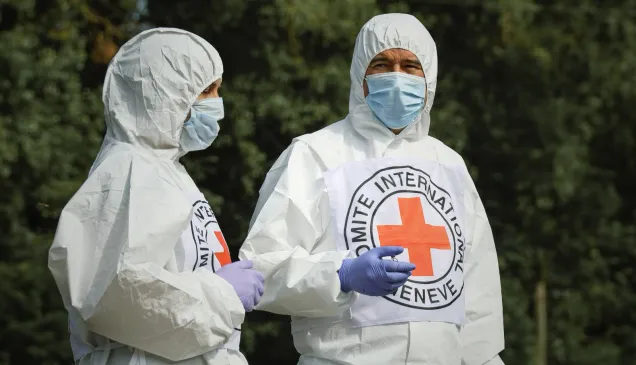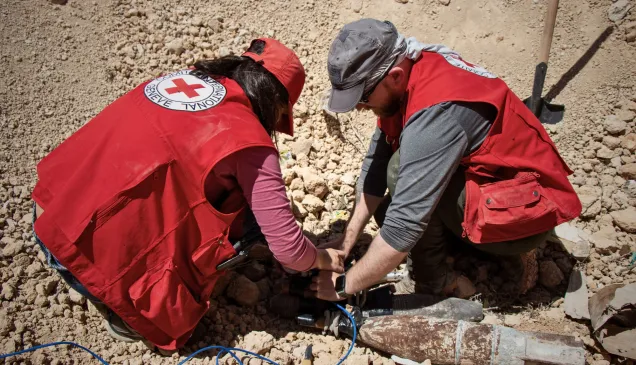Transatlantic Dialogue on International Law and Armed Conflict: A blog series
In the middle of July, a group of academics and government lawyers gathered for two days at Oxford University to discuss issues related to current challenges pertaining to armed conflict and the applicable law. Participants came from both sides of the north Atlantic (the United States, Canada, the United Kingdom, and continental Europe), and from Israel, to share views on a variety of topics.

The interplay between international humanitarian law (IHL) and international human rights law (IHRL) was an issue that permeated the two day workshop, with an emphasis on the implications of recent court decisions. That discussion flowed into a conversation about accountability for violations of IHL, including an exploration of what the obligations are and how they are implemented. Given that many States are scaling down direct foreign military operations, the first day finished with a discussion on what partnered operations and security cooperation looks like, and how different bodies of law apply to these operations.
Issues relating to non-international armed conflicts, and again the overlapping areas of IHL and IHRL, were addressed on the second day, including whether and how rules applicable in international armed conflicts (IACs) could apply to non-international armed conflicts (NIACs), and a determination of when a NIAC ends and when IHL stops applying.
Some of those who attended the workshop are now participating in a series of blog posts focussing on specific topics that were addressed during the workshop. Three blogs, Intercross, the blog of the ICRC delegation in Washington DC, EJIL:Talk!, and Lawfare, are coordinating the series, and hosting the posts, outlined below. Each blog post supports the author’s perspective, and not necessarily that of anyone else at the workshop, or any of the institutions represented.
The schedule is as follows (links will be added as the posts are published):
- When Does LOAC Cease to Apply? Bobby Chesney, September 3 2014 on Lawfare
- Overlap of IHL and IHRL: A North American Perspective, Part I, Ken Watkin, September 5 2014 on Intercross
- Harmonizing Standards in Armed Conflict, Sarah Cleveland, September 8 2014 on EJIL:Talk!
- Overlap of IHL and IHRL: A North American Perspective, Part II, Ken Watkin, September 10 on Intercross
- Developing the Law of Non-International Armed Conflict: A view on the Harmonization Project, Lawrence Hill-Cawthorne, September 12 2014 on EJIL:Talk!
- Squaring the Circle: The Intersection of Battlefield Regulation and Criminal Responsibility, Geoff Corn, September 16 2014 on Lawfare
- Applying Human Rights to Armed Conflict and the Foundations of International Law, Guglielmo Verdirame, September 18 2014 on Intercross
The workshop was organized jointly by the Oxford Institute for Ethics, Law & Armed Conflict, the Oxford Martin Programme on Human Rights for Future Generations, the International Committee of the Red Cross Delegations for the United States and Canada and for the United Kingdom and Ireland, the South Texas College of Law, and the Strauss Center at the University of Texas.



